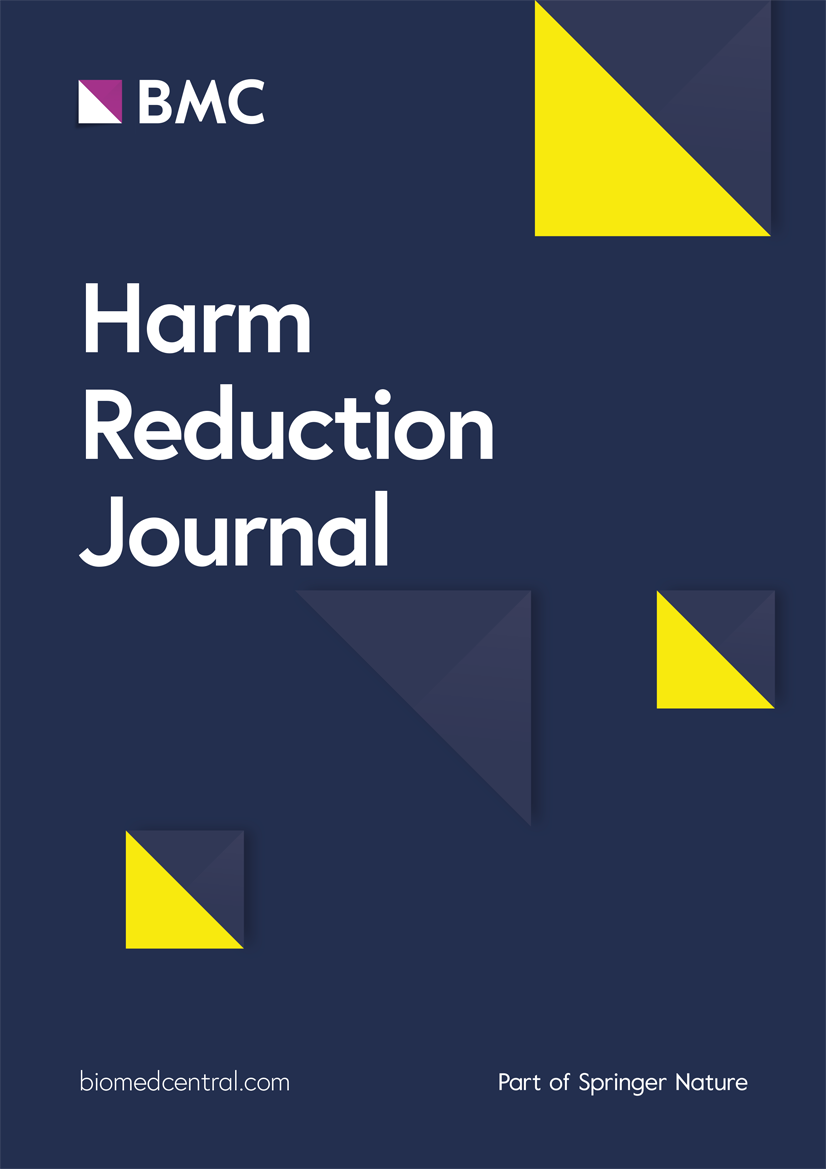
In a groundbreaking analysis, researchers delve into the nuanced experiences of women using performance and image-enhancing drugs. This study, based on in-depth interviews, challenges conventional narratives by highlighting the autonomy and agency women gain through substance use, while also addressing the societal stigma they face. The findings reveal a complex interplay between empowerment and discrimination, offering new insights into the feminist discourse on enhancement practices.
The research draws attention to the often-overlooked aspect of how women value and enjoy these substances. It builds on previous studies indicating that women engage in proactive health monitoring, accumulating detailed knowledge and skills in the absence of gender-sensitive healthcare. The study critiques the traditional focus on physiological harms, urging a broader exploration of gender-related stigma and discrimination.
Enhanced Agency and Autonomy
Women interviewed for the study expressed diverse motivations for using enhancement substances. Some aimed to lose weight or build strength, while others sought to enhance recovery, manage pain, or counteract aging effects. Beyond these goals, substances provided a sense of autonomy and new social infrastructures. Monica, a 43-year-old personal trainer, noted that her life became more organized and efficient during her cycles, stating,
“The result [of my last cycle] was that I was on top of everything in my life. Like, I slept well. I ate amazing. I was very organised. I had no aches and pains.”
Jessica, a 39-year-old disability support worker, described feeling revitalized and confident, attributing her improved mood and productivity to substances. Claire, a 30-year-old personal trainer, emphasized how substances bolstered her confidence and career success, stating,
“You just feel confident. I feel like my business gets better because […] even though I’m confident in myself now, there’s a different level of confidence.”
These accounts illustrate how enhancement substances extend beyond aesthetic and athletic improvements, fostering new forms of productivity and agency. For many women, these changes are integral to their identity and autonomy, challenging societal norms and expectations.
Accumulating Knowledge and Skill
Despite stereotypes suggesting women lack knowledge about enhancement substances, the study found that women possess detailed understanding and actively manage side effects. Peta, a 58-year-old community health worker, described her regimen and the precautions she takes to minimize risks. Sarah, a 37-year-old nurse, emphasized regular health monitoring, including hormone profiles and blood tests, to manage potential side effects.
The absence of gender-sensitive health information poses significant challenges. Claire recounted difficulties finding a supportive doctor, while Jessica expressed concerns about fertility and stigma, stating,
“I didn’t have my period for years. Just because I wasn’t cycling off properly. […] I’m embarrassed.”
These experiences highlight the need for more inclusive healthcare practices that address the unique needs of women using enhancement substances.
Gender-Based Harassment and Discrimination
The study also sheds light on the pervasive gender-based stigma and discrimination women face. Participants recounted incidents of invasive questioning and commentary about their bodies. Sarah recalled a family member’s comment about her appearance, while Claire described strangers at the gym questioning her substance use.
Jessica detailed the anxiety and public scrutiny she experienced, noting,
“You could pass anybody, just in the general public, and you could hear – you could tell by their body language to start with… You could always see it.”
These experiences underscore the societal pressures women face to conform to normative femininity, often leading them to alter their appearance or behavior in public spaces.
Challenging the Gender Binary
The accounts of harassment and discrimination extend to issues of gender attribution and transphobia. Claire recounted an incident where she was confronted about her gender identity, while Jen, a 57-year-old community health worker, described being harassed in public spaces and at work.
These experiences reflect the rigid gender binary’s harmful impact, as women who use enhancement substances often transgress traditional gender norms. The study argues for a broader understanding of these experiences as part of a larger repertoire of gendered and transphobic discrimination.
Implications and Future Directions
The findings of this study call for a reevaluation of how enhancement substance use is perceived and addressed in public health and feminist discourses. By highlighting women’s agency and challenging the focus on physiological harms, the research advocates for more inclusive and gender-sensitive approaches to healthcare.
Moving forward, the study suggests developing epistemic resources that empower women and address the social and structural relations that marginalize them. This includes fostering supportive healthcare environments and challenging societal norms that perpetuate stigma and discrimination.
As the discourse around enhancement substances evolves, it is crucial to center women’s voices and experiences, recognizing their autonomy and agency in navigating these complex dynamics.






